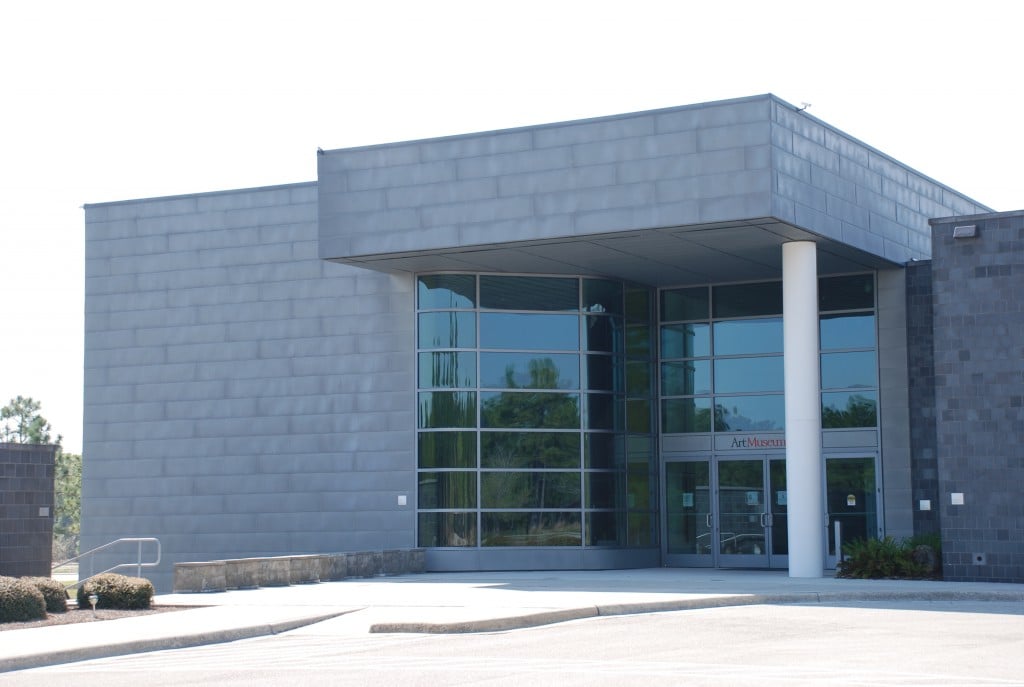Columbus County announces debris disposal sites
COLUMBUS COUNTY, NC (Press Release) — FEMA representatives are in Columbus County. We will be releasing additional information when it is made available to us. The FEMA representatives will be wearing FEMA shirts and will display photo badge/credentials. To file a FEMA claim, contact 1 (800) 621-3362 or www.disasterassistance.gov.
Columbus County would like to encourage all Columbus County residents to visit one of our seven recycling centers for the disposal and recycling of the following items:
Acceptable Materials (Recycling Centers Only)
- Aluminum Cans
- Brown Goods
- Bulk Waste
- Cardboard
- Electronics
- Lead Acid Batteries
- Mixed Recyclables
- Newspaper & Inserts
- Poison, Herbicide, & Pesticide Containers
- Scrap Metals
- Tires
- Used Motor Oil
- White Goods (appliances)
- Yard Waste
Unacceptable Materials (Recycling Centers Only)
- All liquids except Motor Oil
- Burn Barrels & Ashes
- Construction & Debris
- Dead Animals
- Hazardous Materials
- Household Solid Waste
- Land Clearing Inert Debris/Stumps/Trees
- Poisons, Herbicides, or Pesticides
- Radioactive Waste
- Unknown products
No commercial or industrial waste materials are allowed at any of these facilities. These items must be taken to the Columbus County Transfer Station. For additional information, visit the Columbus County webpage at www.columbusco.org/Departments/Solid-Waste.
The North Carolina Department of Health and Human Services cautions residents returning to flooded areas to begin the cleanup process. “It is important to stay vigilant against all the hazards that we’ll be facing that are associated with flooding, wind damage and mosquitoes,” said State Health Director Elizabeth Tilson, M.D., MPH. “While cleaning up outdoors, be sure you are up-to-date on your tetanus vaccine and avoid contact with flood waters if you can.”
- Do not use gas powered generators and outdoor grills or camp stoves in enclosed areas because of the threat of carbon monoxide poisoning.
- Be careful touching electrical equipment, if you have remaining floodwaters.
- Throw away food that may have contacted flood or storm water and any perishable foods that have not been refrigerated properly.
- Eating or drinking anything contaminated by flood water can cause diarrheal diseases, such as E. Coli or Salmonella infection.
- Do not drive or walk through flood water.
- If you come in contact with flood water, be sure to wash your hands properly.Wash toys and food preparation surfaces that have been in contact with flood water with a bleach solution and allow to air dry.
- If you have well water, be sure to contact a well water professional to have your well decontaminated.
- Wear long sleeve shirts and long pants while outside to minimize mosquito bites.
- Use mosquito repellent that contains DEET or an equivalent when outside and use caution when applying to children.





Leave a Reply